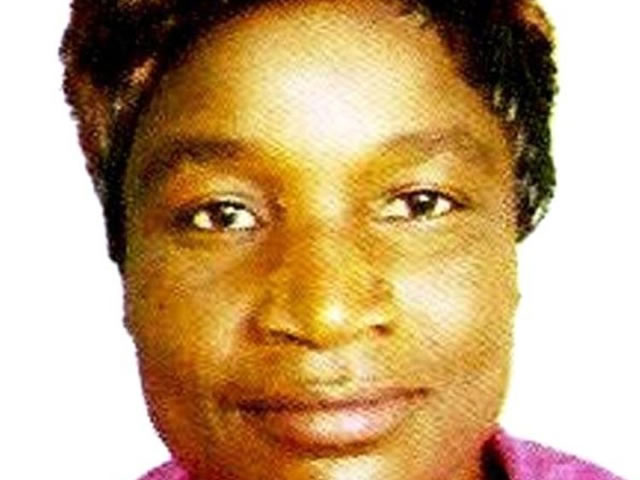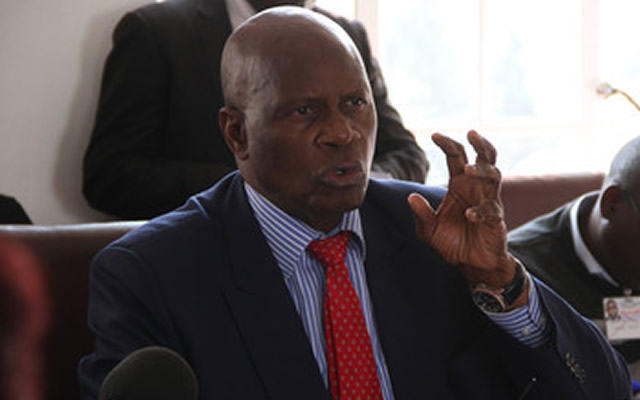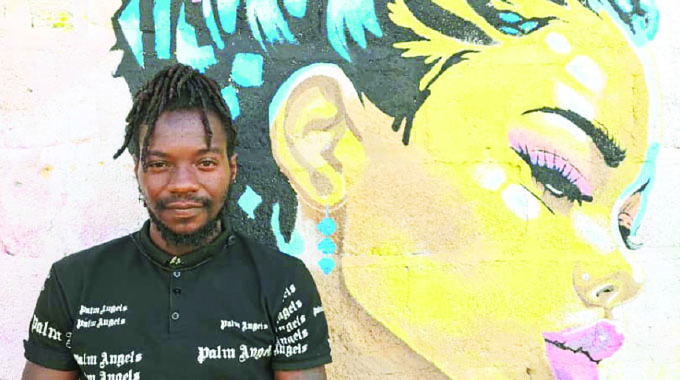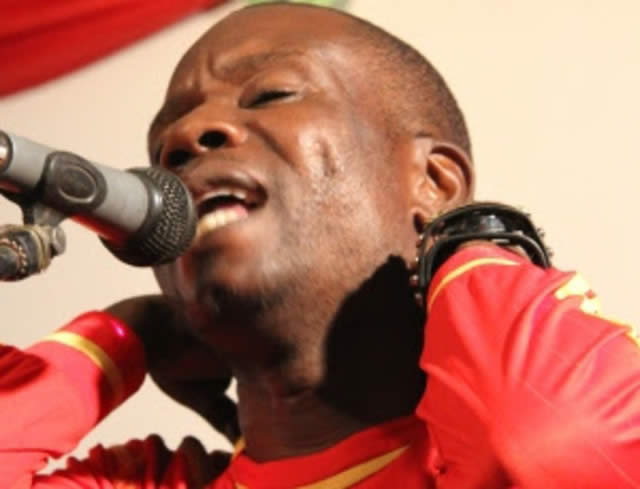Novel probes widows’ woes

Beaven Tapureta Bookshelf
“Revai”, a novel written by a Gutu-based teacher, Ropafadzo Mupunga, and published this year by Zimbabwe Women Writers, is a story that speaks for local widows.The book points particularly at those widows caught up in inheritance battles that spill into gender-related hate and jealous.
Widowhood is normally a moment calling for consolation, love and support from friends and relatives. However, for Revai, an aggrieved widow in the novel by the same title, widowhood is a condemnation.
The absence of concrete knowledge of inheritance laws does not make things any better.
Quite often the inheritance and marriage laws have only benefited a small number of urban women, while leaving out the uneducated women in the rural areas where both abuse and misreading of custom and tradition rules the day.
Revai, whose husband Vengai gives death-bed instructions on how he wishes his estate to be handled, is later shocked and greatly suffers when the main witness, step-son Kenas, does not stand up for his late father’s wishes as spelt out in the oral will.
Kenas actually teams up with his brother Costa and some relatives to pounce on what Revai and her late husband worked hard for to fend for their family.
Revai, with no one to turn to except a few loving people like her aunt Mai Matare, Mai Komborero who is a fellow widow, and other church mates – is surrounded by a conspiracy of lies enclosing her in a complex and insensitive conflict.
The novel “Revai” unfolds with a touching, almost spiritual plot which enlightens the reader on problems with current inheritance laws in relation to customary situations.
The novel also calls upon people to know their limits in the event that there is a widow in the family.
While the law can give guidelines and protects a widow, human nature, as it is, needs godliness, a spiritual force to control it in matters of succession and inheritance.
Vengai dies of medically confirmed asthma but elder brother Tongai and sister Mai Ratidzai blame Revai, the deceased’s widow, for witchcraft.
At the funeral, Tongai’s speech which is indirectly targeted at Revai subordinates womankind, and influences the storm that ensues in the story.
“Vakadzi makaoma. Mune simba neushingi hunotyisa. Kuita basa rekupingidza mazizi, zvidhoma, mapere nenyoka kuti zvikushandirei kuparadza dzimba,” Tongai says at the funeral.
Soon after the funeral, Tongai, Costa and Kenas decide to share the deceased’s wealth, mainly livestock because this is a pastoral community. The distribution of Vengai’s wealth is “patrilineal”, that is, it benefits the males only.
Revai is excluded in decision-making and all she laboured for with Vengai is taken away.
Sabhuku Gondo, the (village) leader who is expected to uphold justice in the community is actually a pain in the life of Revai.
Gondo’s negligent leadership worsens Revai’s situation.
Having lost almost all of what she worked for with her late husband, Revai is further hurt by Gondo’s greed in demanding from her various payments in form of livestock for petty issues like not being informed about the sharing of Vengai’s property.
Revai, a prayer warrior, is determined to be self-sufficient yet the contradiction from other members of the extended family leaves her in shock.
First, Tongai is not happy with Revai’s farming diligence.
He consults a n’anga named Kwedebu to kill Revai with lightning but this plan fails.
He devises another plan to kidnap Tawanda, Revai’s last born, and to sell him to Mujubeki, a criminal who specialises in murdering children and selling their body parts to South African sangomas.
The discovery of diamonds in Chiadzwa brings hope to many and Revai, together with her aunt Mai Matare make a successful but dangerous trip to the Chiadzwa diamonds fields.
It brings up the question how much Zimbabwean women have benefited from the Chiadzwa diamonds.
Have they, after all, been given a part to play in the country’s mining industry?
After Revai stumbles upon a piece of diamond in Chiadzwa, she sells it and buys three beasts to make up for those looted by relatives.
However, her vision is taboo in the eyes of Sabhuku Gondo who believes that no woman must accumulate more wealth than a man.
“Munhu wemukadzi angadziwanepi mombe? Chii chaangaita chingabva chauyisa mombe nhatu nguva imwechete?” Sabhuku questions.
The difficult circumstances of widows are overlooked even by the young generation who, instead of admiring the widow who do all sorts of small jobs to fend for her family, they shamelessly join the small-mindedness of selfish relatives.
Costa and Kenas’ lazy wives steal from Revai’s fields when she is not around.
In contrast, Revai’s daughter Yeukai is inspired by her mother’s valour. She studies hard at school and succeeds.
Revai loses her three cows to Tsikamutanda who, working with Sabhuku Gondo, trick the whole village into believing that Revai is really a witch and she has to pay with her livestock.
Revai’s innocence is gradually revealed as certain unusual events begin to happen to those who ill-treated her.
In Shona culture, there is the belief that the spirit of the dead returns to the living either to avenge or to protect its family.
Vengai’s spirit comes back to haunt those who wronged his widow and this includes Mai Ratidzai, Tongai, Costa’s wife Dzorai (Sabhuku Gondo’s daughter), Mujubeki and the false n’angas Kwedebu and Tsikamutanda.
Dzorai develops a psychiatric disorder, repeatedly screaming, “Mombe dzangu! Ndinoda mombe dzangu!”
Tongai is haunted in his dreams in which he also finds himself uttering “Mombe dzangu. Mwana wangu aripi?”
Tsikamutanda is not spared either. He starts abusing his wife and says he is not afraid of killing people because he has killed many.
His wife, having heard about the disappearance of Revai’s son Tawanda, decides to consult a faith healer.
The truth is revealed to her and she reports Mujubeki to the police, leading to his arrest.
The faith healers and n’angas approached by Tongai and relatives and by Mujubeki’s wife are different from the Tsikamutanda’s and Kwedebu’s.
They tell the truth that Revai is innocent.
However, the author fails to intervene on the side of justice.
Revai eventually triumphs over humiliating moments and recovers what she rightly deserves only with help from her late husband’s avenging spirit!
One thinks it is worthwhile to help widows than to wait for their late husbands to come back in spirit and fight for them.
It is also not useful to have a whole novel with all the male characters being devilish except the deceased.
This novel could have been stronger if it had used both typical characters and unusual characters.
“Revai” was officially launched last month at the Education Services Centre in Mount Pleasant, Harare.
The author, Ropafadzo Mupunga, was born in 1973 in Gutu. She holds a Bachelor of Education degree from the University of Zimbabwe and currently teaches at Gutu United School.
In 2009, Mupunga, who is a member of Zimbabwe Women Writers won a third prize in the Norma Kitson writing contest which was held under the theme”‘Gore ra2008”.
Revai is her debut novel and she promises more novels to come up in the near future.







Comments